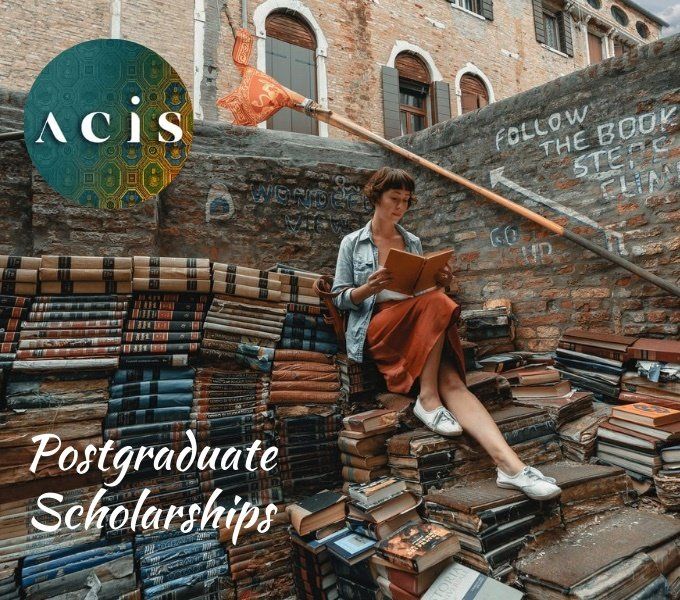Crime fiction, society, history
 Crime fiction has become an increasingly popular instrument for analysing whatever social and cultural order there once was and now is. Contributions to the genre are investigated, using some of the same techniques deployed by their protagonists, for the street-life materials and perspectives which many sociological analyses leave out. Shifts in the nature of the crimes and the character of criminals and their pursuers, hapless, heroic or just plain human, are scrutinised for the light they can shed on long-term political and cultural changes. The evolution of Italian crime fiction has recently been tracked in detail by Barbara Pezzotti
in her Politics and Society in Italian Crime Fiction: An Historical Overview
(2014), which takes the reader from Mondadori’s launch of i libri gialli
in 1929 up to the work of Marcello Fois and his use of the genre to probe Sardinian identity.
Crime fiction has become an increasingly popular instrument for analysing whatever social and cultural order there once was and now is. Contributions to the genre are investigated, using some of the same techniques deployed by their protagonists, for the street-life materials and perspectives which many sociological analyses leave out. Shifts in the nature of the crimes and the character of criminals and their pursuers, hapless, heroic or just plain human, are scrutinised for the light they can shed on long-term political and cultural changes. The evolution of Italian crime fiction has recently been tracked in detail by Barbara Pezzotti
in her Politics and Society in Italian Crime Fiction: An Historical Overview
(2014), which takes the reader from Mondadori’s launch of i libri gialli
in 1929 up to the work of Marcello Fois and his use of the genre to probe Sardinian identity.
Her route from Inspector De Vincenzi (the all-but-forgotten bibliophile invented by Augusto de Angelis in the 1930s) to Sebastiano Satta (the postmodern hybrid of truth and fiction created by Marcello Fois) takes in Duca Lamberti (prowling the cementifying periphery of Milan as seen by Giorgio Scerbanenco), Captain Bellodi (the northerner set adrift in Sicily’s mafialands by Leonardo Sciascia) and Inspector Montalbano (rather less adrift in another part of Sicily thanks to Andrea Camilleri). The writings of Loriano Macchiavelli, stripping away some of Bologna’s civic gloss, and Massimo Carlotto, doing something similar for north-east Italy, are also carefully set in their historical and cultural contexts. It is a thoroughly rewarding journey, demonstrating, in the words of one reviewer, “how, far from being pure escapism, Italian detective fiction has always aimed at being the nation’s critical conscience, shedding light on and articulating a critique of its social disorders and dysfunctions.”
Share this:
- Share on Tumblr
- </div></li><li class="share-end"/><li class="share-reddit"><div class="reddit_button"><iframe src="https://www.reddit.com/static/button/button1.html?newwindow=true&width=120&url=https%3A%2F%2Facis.org.au%2F2014%2F04%2F21%2Fcrime-fiction-society-history%2F&title=Crime%20fiction%2C%20society%2C%20history" height="22" width="120" scrolling="no" frameborder="0"/></div></li><li class="share-end"/></ul></div></div></div></div></div> <div id="jp-relatedposts" class="jp-relatedposts"> <h3 class="jp-relatedposts-headline"><em>Related</em></h3> </div></div> </div>








